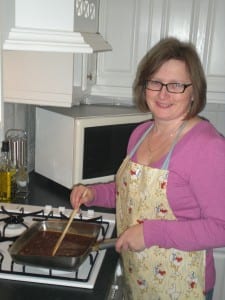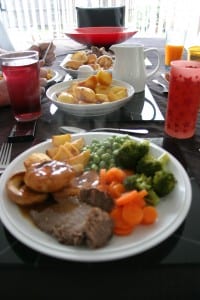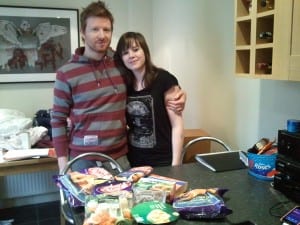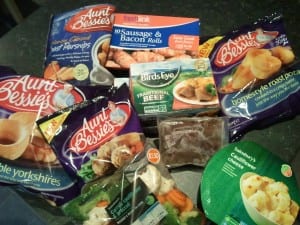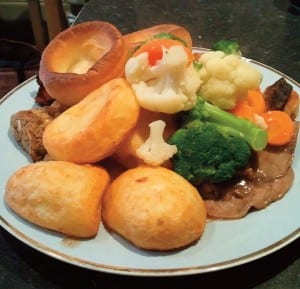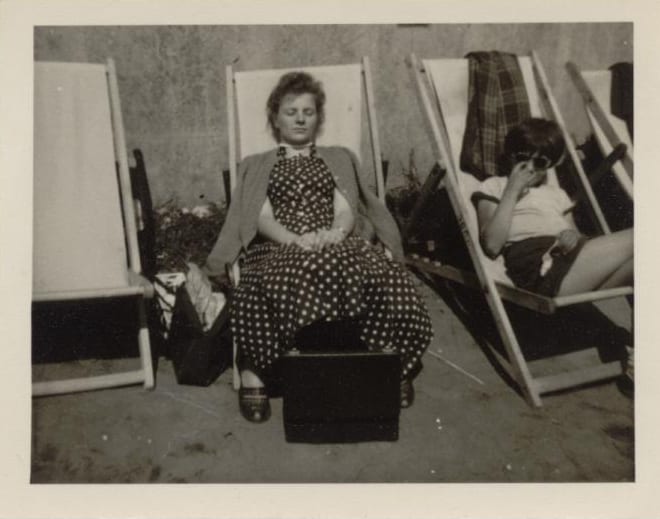Make Do and Mend
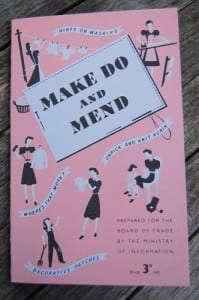 In wartime Britain, clothes were on ration and shopping wasn’t an option. Instead, women were told to Make Do and Mend.
In wartime Britain, clothes were on ration and shopping wasn’t an option. Instead, women were told to Make Do and Mend.
Now, in times of economic hardship and environmental concerns, this idea is being made current again. The reasons behind it, though, couldn’t be more different. The problem today, according to those promoting Make Do and Mend is not that there is too little, but too much.
In 2009, UK retail sales totalled £285 billion and high street brands have made the price of clothes lower than ever before. A disposable attitude towards clothes has developed, as cheap clothing makes people ask ‘why not?’ rather than ‘why?’
Those supporting Make Do and Mend believe that by sewing buttons back on, altering hemlines and refiguring old pieces,people can help to tackle clothing consumption. Nathalie Craik, founder of make-do-and-mend.org says:
“If people could start looking after their clothes a bit better, and consider what they are buying… then that would be a great start”.
Nathalie, 26, is originally from Hamburg, Germany. She now lives in London and works full time for a consultancy that helps companies to improve working conditions in their supply chains. She promotes Make Do and Mend in her spare time.
Nathalie became concerned with shopping habits after she began a masters degree in ethical fashion.
“I only really started to realise what a huge impact cheap clothes have on the workers making our clothes and the environment during my research for my masters.”
Her research led her to discover the truth behind supply chains.
“All of this experience inspired me to come up with something that tackles both environmental and social issues”, Nathalie explains.
The Make Do and Mend movement is based on basic sewing skills and garment care – skills that, although they may have dwindled over the years, are still around today.
“I think there are still people who know how to sew and enjoy sewing, knitting and all the other crafts.”
In today’s society, the need to mend clothes is, Nathalie admits, gone. But it doesn’t mean it can’t continue to be done.
Make Do and Mend can be about appreciating and caring for clothes while they are still in good shape. Nathalie advises: “Avoid tumble drying which can shrink clothes” and instead lay them on radiators to save them from the wear and tear of the machine.
Shopping wisely is the easiest way to incorporate the ideas behind Make Do and Mend into every day life. Considering alternatives to the high street, such as second hand shops and clothes-swap events, can all help to tackle clothing consumption when sewing and darning just won’t cut it.
